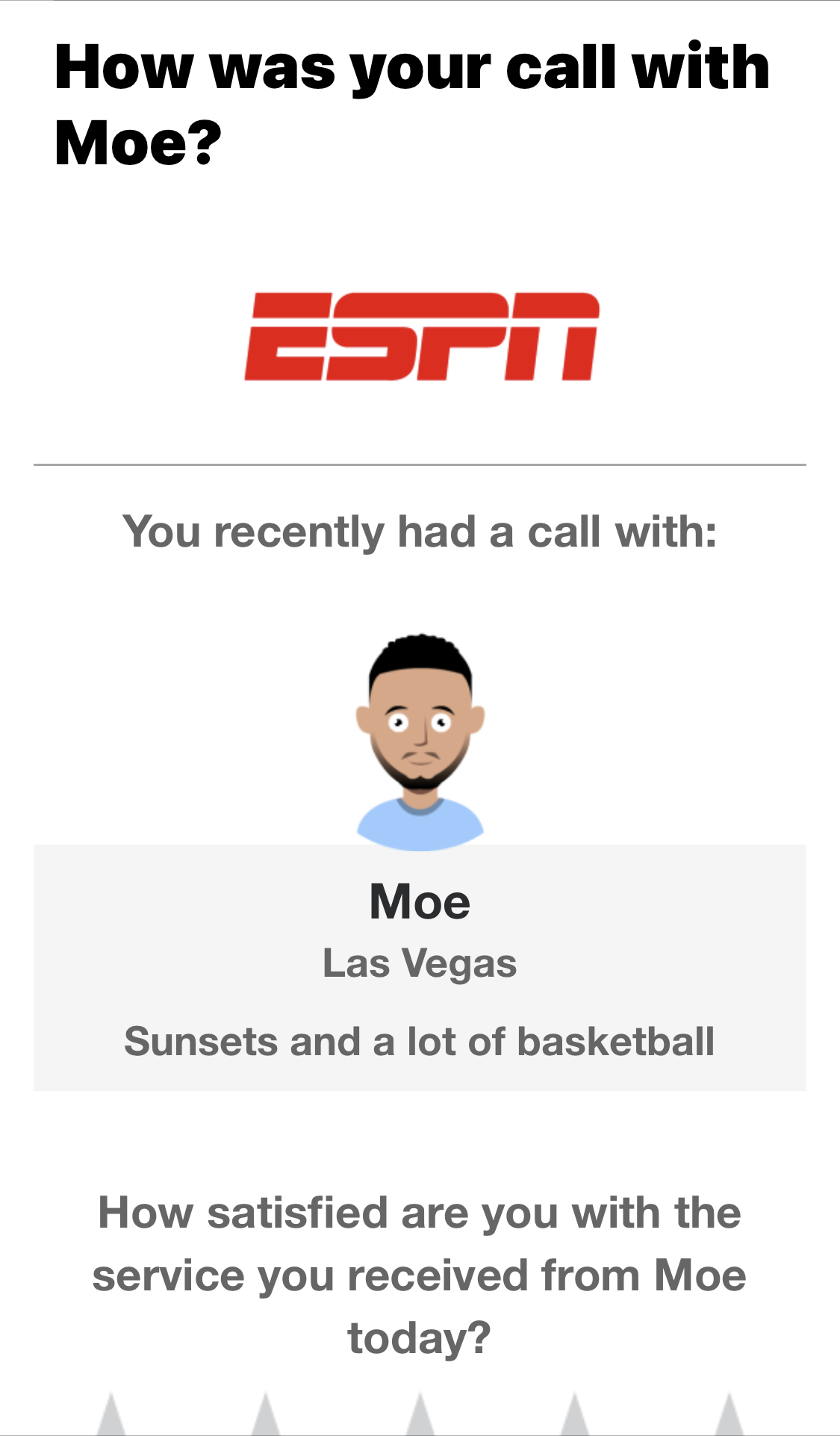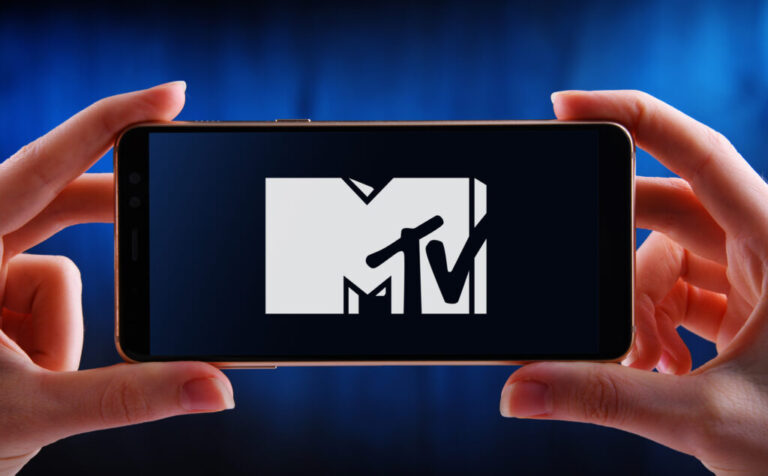I have recently begun answering those “how did we do?” customer satisfaction surveys that flood my inbox mere seconds after communicating with a service agent.
Sometimes the agent warns me of the impending email and even suggests how I should respond: “Mr. Schwem you are going to receive a brief survey asking you to rate this call. One is the worst and five is the best. I would sure appreciate all fives.”
I have never felt such power.
When I hear pleas for high numbers, I picture an individual wearing a headset, sitting at a home computer unless his or her company has opted to call its employees back to sterile cubicle banks, desperately trying to sound cheerful and patient because future paychecks depend on my ratings. I’ve lost count of how often I’ve hung up the phone in anger, proclaimed, “that guy didn’t have a clue” and vowed never to do business with the company again. And yes, that will continue to happen as long as companies insist on believing a faceless individual seven time zones away “understands my frustration” and will “research the issue” while placing me on a “brief hold.”
But what happens when the agent does in fact solve my problem? If it was me wearing the headset I would certainly hope for some sort of accolade. Until now, I realized I never offered any praise. I tended to go about my day, not realizing how much better I felt now that my computer was fixed, my online insurance payment was recorded, or my March Madness bracket was eligible for a cash payout.
Yes, you read that last one right. Last week I had to call the ESPN SUPPORT DESK after realizing I had failed to click “submit” and America’s favorite college sporting event had started without me. For the record, each year I’m part of an 80-person pool consisting of family and friends. I pay $10 to enter and usually finish around 79th. This year, after round one, I was in second place, hence the desperate call.
Moe fielded my inquiry, listened calmly as I explained my error and told me that, yes, it was possible to enter the field even though the tournament had started and Kentucky, one of my final game picks, was choking, greatly reducing any chance to recoup my ten bucks. All I had to do was contact the “group administrator,” – in this case my sister – and have her unlock the game.
The email appeared less than a minute after the conversation with Moe ended.
“How satisfied are you with the service you received from Moe today?”
I gave Moe five stars.
Then a second action item appeared, one I had never seen when rating a customer service representative.
“If you think we should reward Moe for great service, simply select one of the options below:
The choices were coffee, lunch or “product.”
What’s this? ESPN is going to compensate Moe? With something more than an email saying, basically, “Congratulations Moe, you get to keep your job for at least one more day!” Now that’s a brilliant employee relations move. Furthermore, they are letting me make their decision. After careful thinking, I chose lunch. “Product” sounded too vague, and I don’t even know Moe’s tastes…in anything. Also, what if he wasn’t a coffee drinker?
But who doesn’t appreciate a free meal in the middle of the day? Anyone not on a fasting diet, that’s who.
Now I just have to hope ESPN follows through on my request. I would love to see a picture of Moe sitting at his computer, munching on a Subway sandwich or a fish taco, courtesy of me. Sure, ESPN is going to be out a few bucks rewarding employees with food, coffee and gifts but what a great incentive for employees who probably spend most of their day dealing with sports fans who want to vent after Baylor went out in the second round.
Thereby dropping them to 58th in their March Madness pool.




The F-Bomb Has Gone Mainstream — And Nobody Cares Anymore